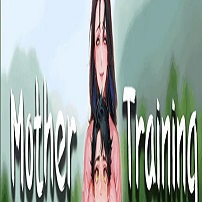Hideo Kojima's Japanese radio podcast, KOJI10, offers a fascinating glimpse into the mind behind iconic games like Metal Gear Solid and Death Stranding. In the latest episode (Episode 17), Kojima delves into how the passage of time in real life can be integrated into video game mechanics. He not only reflects on time-related features he has used in past games but also unveils fresh concepts that have yet to see the light of day, including an idea he ultimately discarded for the upcoming Death Stranding 2: On The Beach.
Kojima is renowned for his innovative use of real-world time within games. He highlights two examples from 2004's Metal Gear Solid 3: Snake Eater on the PS2. To enhance the survival experience in the jungle, food would spoil after a few days in real time. Consuming spoiled food could make Snake severely ill, or players could ingeniously use it as a weapon by throwing it at hungry enemy soldiers.
Death Stranding 2 Cast
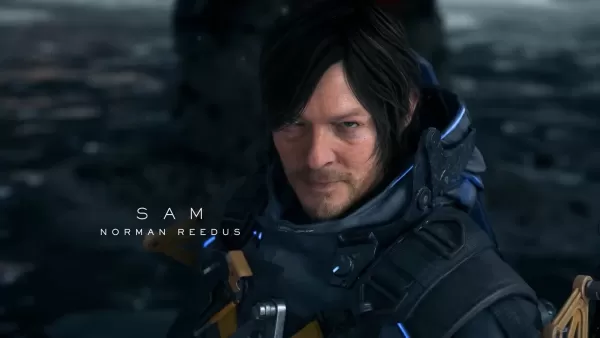
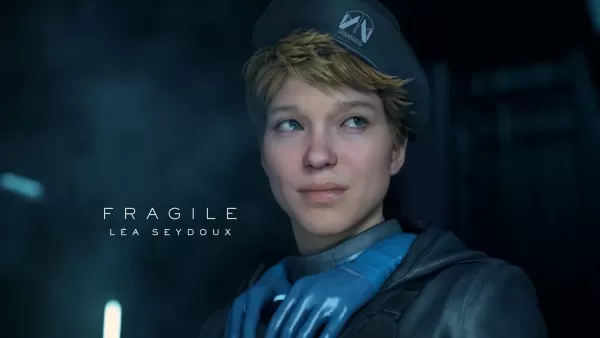 View 14 Images
View 14 Images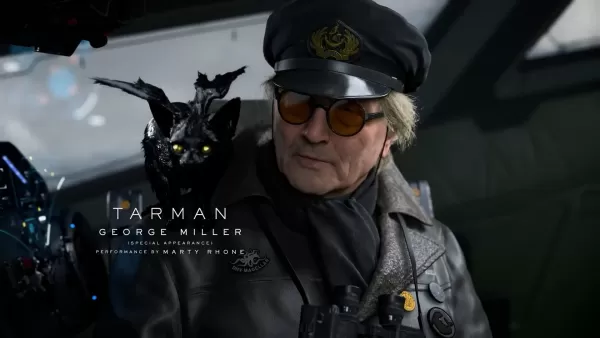
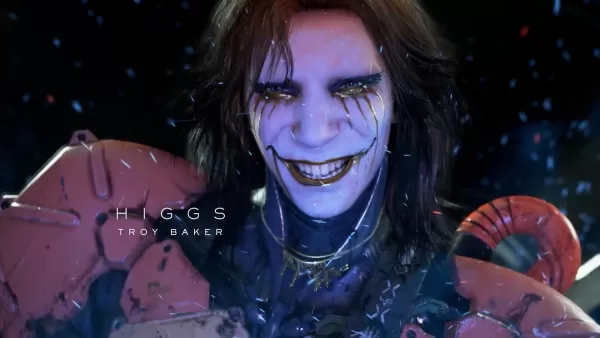
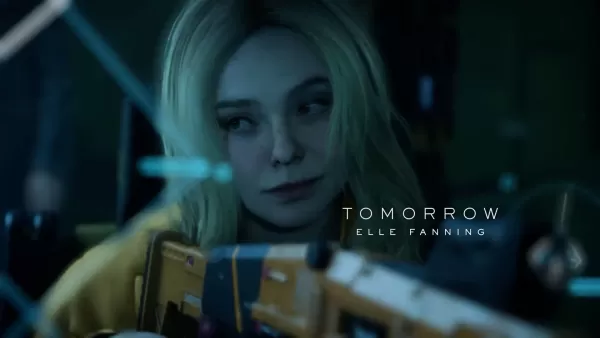
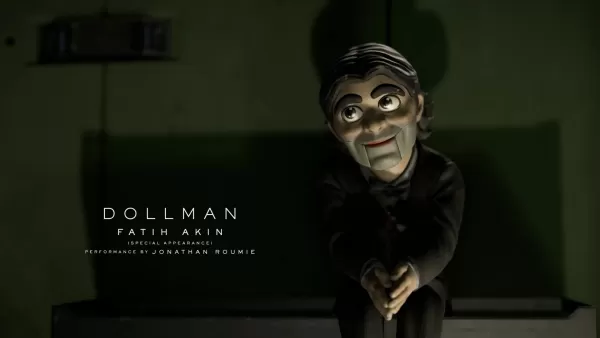
Another notable use of the system clock was in the cat-and-mouse boss battle against The End. Kojima recalls, "Although he is a really tough boss, if the player waits a week, The End will die of old age." Indeed, loading an in-battle save after a week would result in a cutscene where Snake discovers The End deceased.
Kojima also shared an idea he considered for Death Stranding 2: having Sam's beard grow over time, requiring players to shave it. "Originally in Death Stranding 2, I was going to have Sam’s beard gradually grow out over time, and the player would have to shave it. If they didn’t, Sam would end up looking unkempt," he explains. However, due to Norman Reedus's star status, Kojima decided against it to avoid making him look uncool. Yet, he hints at possibly implementing this feature in a future game.
Kojima further elaborated on three game concepts centered around real-life time mechanics. The first is a life simulation where players start as a child and age to become an elderly adult. "It starts out with the player being born, you’re a child and then gradually over time you become an adult. In the game, you fight various enemies. Like with the previous example (MGS3’s The End), if you keep playing the game, you will become a 70 or 80 year old man. However, at this age you will be weaker, your eyesight will worsen. When you are a teenager you’ll be able to run faster but by the time you reach 60 you’ll slow down a bit," Kojima explains. The aging process would affect gameplay strategy, although he humorously notes, "But no-one would buy it!" Despite this, the podcast's other participants expressed excitement about such a unique "Kojima-like game."
Another proposed concept is a game where players cultivate something that matures over time, like wine or cheese, suggesting a long-term background or idle game.
Conversely, Kojima also pitched a "forgetting game" that players must complete swiftly. In this concept, the protagonist gradually loses memory and abilities if players take long breaks. "If you don’t play every day, the main character will gradually forget things such as 'how to fire their gun or what their job is.' This forgetfulness builds up until finally the player is unable to move," Kojima explains, jokingly suggesting that players would need to take a week off to play it.
As fans eagerly await the release of Death Stranding 2 on June 26, many will likely take time off to dive into the game. For more insights into the upcoming title, check out our interview with Kojima and our impressions after playing through the first 30 hours.

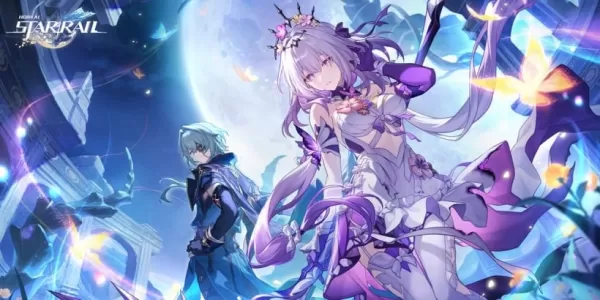

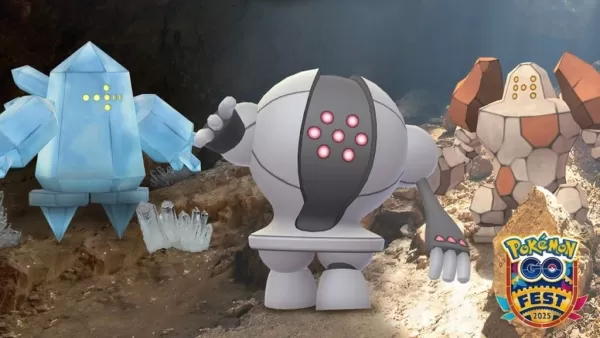
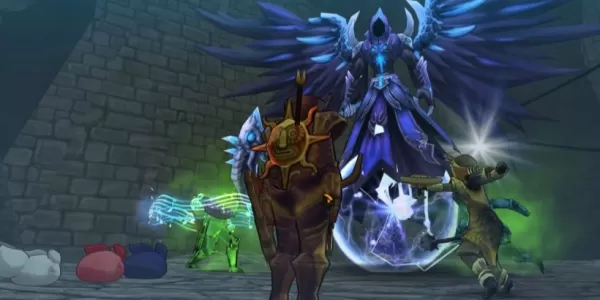
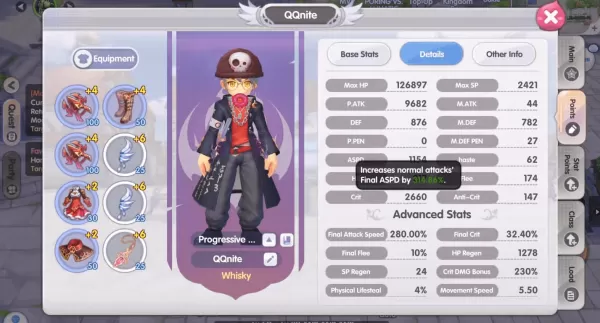
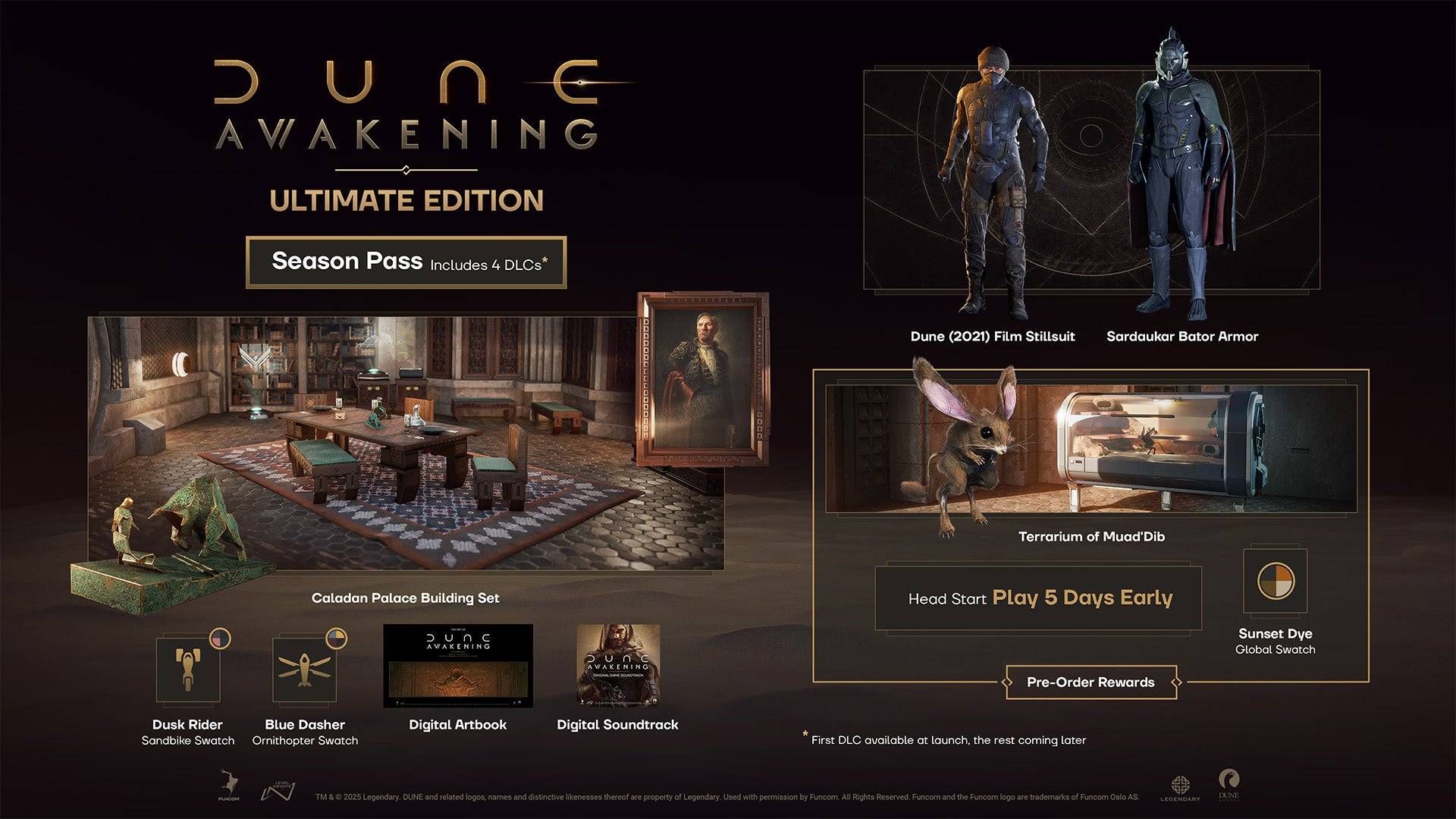

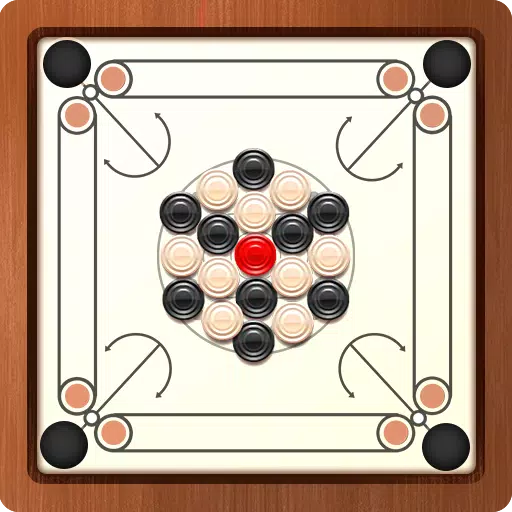
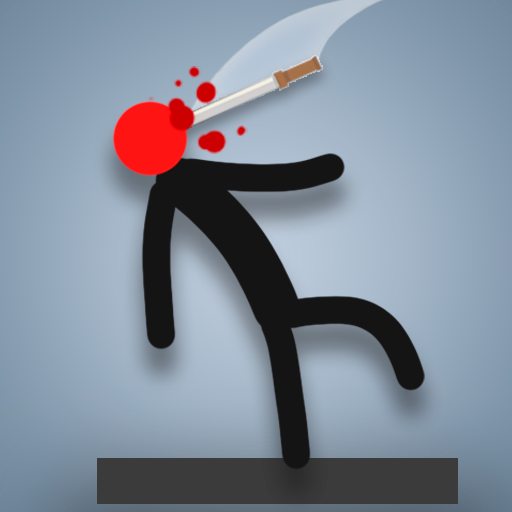


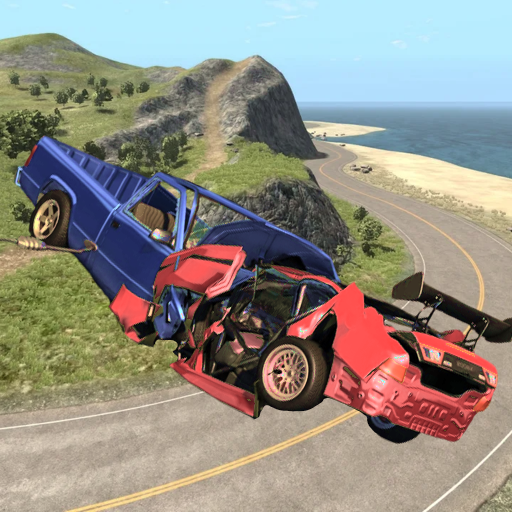





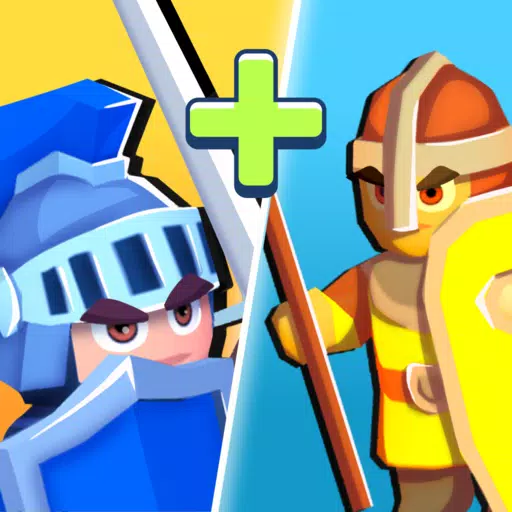

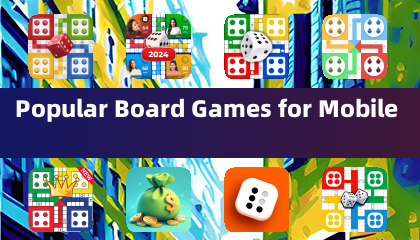







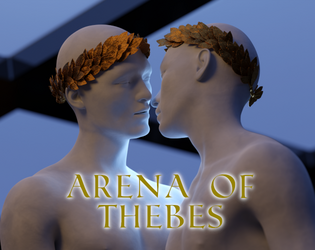
![City Devil: Restart [v0.2]](https://img.icssh.com/uploads/38/1719554737667e52b102f12.jpg)
